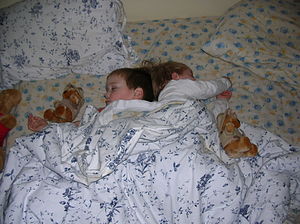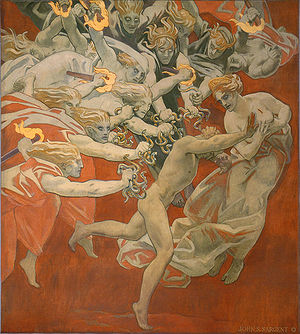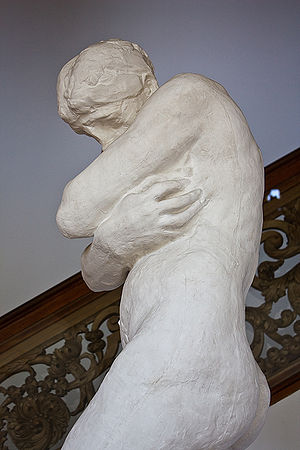 One of my strong memories of Marcy will stay, of this Halloween.
One of my strong memories of Marcy will stay, of this Halloween.
She was tired after her day at school. She had gone back to college to get her nursing degree. She was tired, like a shirt that had been over washed in hot water. She was the kind of tired that looked like the good emotions in her water bottle had been slurped down, and the refill was still in the fridge in her kitchen corner. At home. And she was still in the car.
These feelings started to increase and crescendo, and pretty soon she was tieing into memories of failure in her past. A young child who heard her parents yelling at each other in foul language. Marcy heard, “My family doesn’t love each other or me.” A kid who dressed poorly and Mom said, “Go change. You look terrible.” Marcy heard, “I’m an ugly kid.” A teen who didn’t get invited to the parties that she knew were going on. She heard in this, “I’m not likeable.” A young adult who watched her mother walk out on her father. Marcy heard, “I’ll never be someone worth committing to.” And now on halloween, with her daughter coming home from school, Marcy felt like a failure as a student and as a mother.
She told me about this, last week. We were in the quiet space of my office. Lamp light shone over the beta-fish hiding behind his splashing filter.
Marcy told me, she was wilted there, in the seat beside her daughter. Saying words in effort of trying to be understood, she spoke, and she cried. At some point, Marcy realized she thought that if she didn’t go trick-or-treating with her kids, it meant she was a let-down. She wasn’t a good mother.
Not only was she someone who gets tired too easily, she was also a flake.
Marcy threw out a few options; how to make this right for them. Then her mind opened up and processed these. She saw her inner beast let shame go. Something better in her said that she would give what she could, and discharge the rest.
Marcy, in talking it out with her daughter, made herself vulnerable to what brought her shame. In that, she let the truth surface that she was, actually, not “a piece of crap,” after all.
Building on what our living experiences are, rather than disenchanting, they are healing. The easy fantasy that comes from comparison, from fabricated idealism, and from the personalizing of it, is destructive. We can be resilient by building on real experiences. We can be present and connected both to ourselves and others.
Brene Brown speaks on wholehearted living: “It’s about the willingness to be imperfect, to be vulnerable. It’s about the courage to wake up in the morning and acknowledge that no matter what gets done and what doesn’t get done, that I’m enough, and that I’m worthy of love, belonging, and joy.”
Halloween will be a reminder to me of Marcy letting shame go, not identifying with the thin logic of her own self-inadequacies, and of getting into the living of it. That’s courage. That is brave.
Self-Care Tip: Start exploring where your shame is, and let your real experiences speak toward your belonging and self-value.
Question: In what areas of your life do you feel like you are not enough?
What has helped you discover your reality?
Please tell your story! We need to hear from you. Keep on!




















